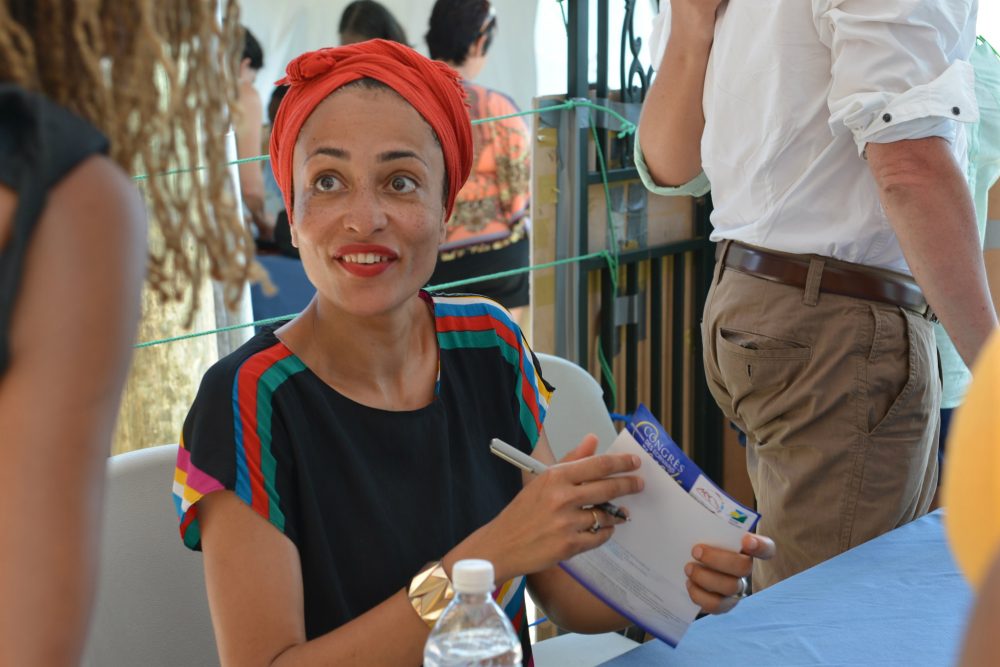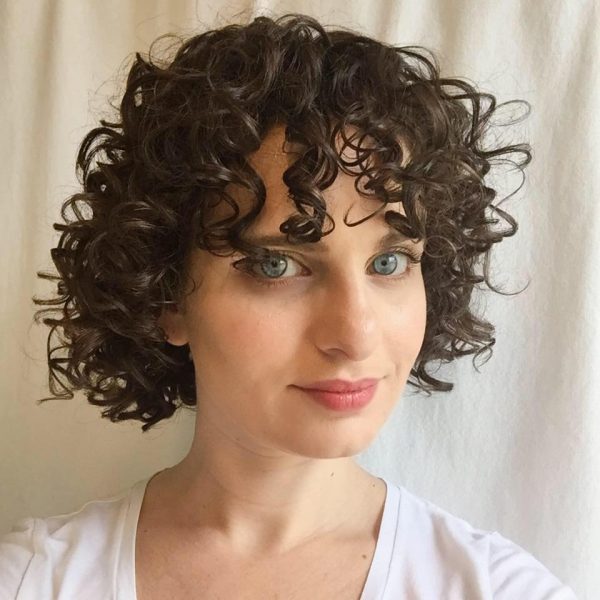Advertisement
Banned Books: Giving Up White Male Authors

COMMENTARY
It started with a BuzzFeed list: "22 Contemporary Authors You Absolutely Should Be Reading." A lot of them sounded good. I added them to my list. I didn’t even notice that they were all by black authors until I read the comments (never read the comments), where people complained that the headline should have indicated as much.
Undeterred, I zipped through the very provocative "The Sellout" by Paul Beatty and Heidi W. Durrow’s soul-splitting "The Girl Who Fell from the Sky." Then I trudged through Hanya Yanagihara’s "A Little Life," which is well-written and worth reading, if really long, depressing books are your thing.
One day, a friend and I were talking about books, and she said, "I’m kind of trying not to read things by white men." So there it was, a description of what I had been doing.
Every time I went to buy a book — and I do buy books — I found myself shying away from old favorites like Dave Eggers and Michael Chabon. One day, a friend and I were talking about books, and she said, “I’m kind of trying not to read things by white men.” So there it was, a description of what I had been doing. And I wasn’t the only one.
Once I started saying it out loud, it felt right. There are a lot of reasons to consume culture created by women and people of color, not least of which is to see prejudice through the eyes of characters experiencing it. Without delving too deeply into the question of whether it's appropriate for authors to write characters of different backgrounds, there's a deftness in the way a black author can weave everyday racism into a black character's life, the way a female author can casually incorporate a lecherous look or glancing touch her female character receives, or the way an author of immigrant parents can incorporate their language and culture into characters' lives. It's natural. It's part of the world-building for which I read novels in the first place. And it's important, for those of us who claim to be progressive, anti-racist, feminist, pro-equal rights, to understand what it's like not being part of the dominant culture.
But there's another reason I stopped buying books by white men, which is just as big and important in my mind: I'm voting with my dollars. I'm not part of the literary world. I'm not influential on social media. I can't do much to affect change in publishing. What I can do is direct the $300 or so I spend annually on books toward authors who are female, people of color or both, and, over time, make the book industry a less insular space.
The latter is the reason I cite first when this conversation arises. It's a good way to ease into it. Usually, the conversation goes something like this:
"Have you read [acclaimed white, male author]'s new book, [acclaimed work of literary fiction]?"
"No, I'm not buying books by white men these days."
[Surprised laugh] "Ooookay. But what about [acclaimed white, male author whose other work I've liked]?"
"Yeah, I guess I'm a little bummed, but I'm going to pass. I want to show that there's a strong market for books by women and people of color."
"But what if it's a classic, or a modern classic, by a white man who's already really rich and famous, so you're not making much of an impact either way?"
"Well, yeah, but that's still taking time and money from a book I could buy and read by a woman or person of color. And, I guess, I'm less interested in the stories and voices of white guys lately. Or, rather, I hear them so many places that it's kind of nice to have a break when I read a book."
"Huh."
Advertisement
[Shrug] "Maybe it's not much, but it's my protest, and I'm sticking to it."
This isn't a knock against white men, by the way. Some of my best friends are white men! This choice I've made is a few things: It's an acknowledgement that being anti-racist is an action as much as it is a thought or feeling. I have to put my money where my mouth is. (If I were a big consumer of music or movies, I'd try to only support those backed, produced and created by women and/or people of color, which might be more of a challenge.)
I'm not looking for a pat on the head for giving up fine literature by white men, because it's not a sacrifice.
Equally important are these stilted, sometimes-uncomfortable conversations about why I'm doing this. Books and movies and music are cultural touchpoints. They're what we talk about when we get together. So if we can read books that touch on race and gender and then get together and then talk about those books, well, you get it.
Finally, I'm reading books by women, people of color and those who fall into both categories because they're really good. I'm not looking for a pat on the head for giving up fine literature by white men, because it's not a sacrifice. It means I get to read Zadie Smith, Colson Whitehead and Jesmyn Ward, whose "Salvage the Bones" made me cry on the train. I'm excited to read Brit Bennett's "The Mothers" next. She's a young black bestseller on tour now, and I have high hopes that she'll become so rich and successful it won't matter if one lone reader buys her book, or not.
